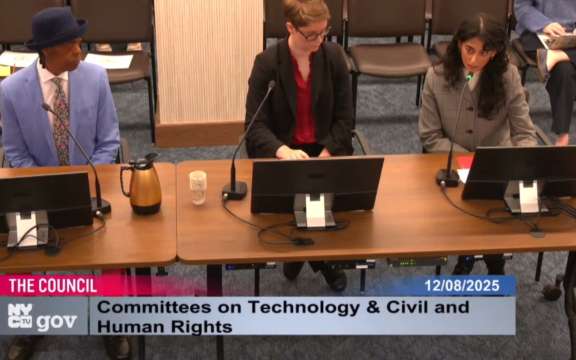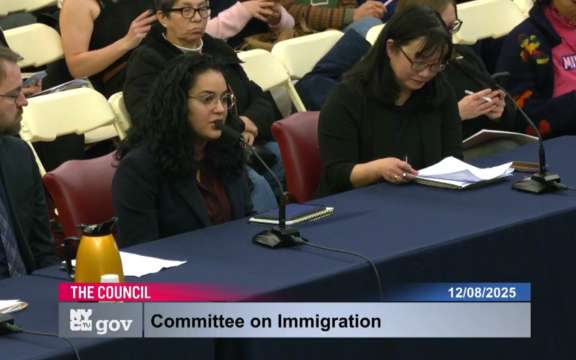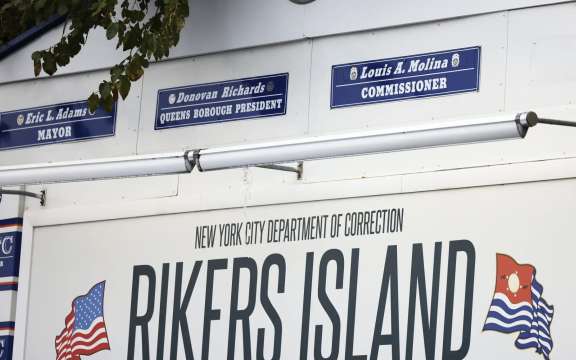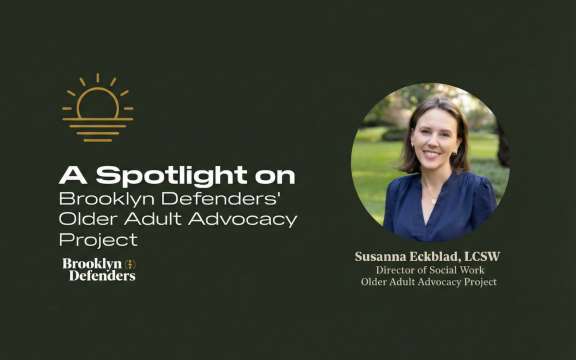BDS Testimony before New York City Council Committees on Health & Hospitals regarding Maternal Health, Mortality, and Morbidity
Given our extensive experience working with parents and caretakers, we are keenly aware of the ways in which inequities in the City’s provision of maternal, perinatal, and prenatal healthcare render Black and Latine parents and families vulnerable to the surveillance and punishment of the family regulation system, also known as the child welfare system. Like the criminal legal system, race and poverty are defining characteristics of the family regulation system. Most of the people we represent are people of color living in poverty, raising their children in homeless shelters or public housing, utilizing public benefits and healthcare, and living in highly policed and under-resourced neighborhoods, making them vulnerable to government surveillance. Poor communities and communities of color are disproportionately impacted by the state’s family regulation system. In New York, Black children make up 40% of the children in foster care yet make up only 15% of the children in the state, whereas white children make up 25% of the children in foster care and 48% of the children across the state. Black children also fare far worse in the foster care system and have much longer stays in care.
This Council’s commitment to improving maternal health outcomes must be rooted in an understanding of the intersections of maternal and perinatal health and the family regulation system, and how these systems perpetuate harm against Black and Latine parents and families. We encourage the Council to engage in robust dialogues with impacted parents, families, and their providers and to enact bold solutions that ensure healthcare that is non-discriminatory, culturally responsive, respectful, supportive, and patient-informed.
View the full testimony here.



